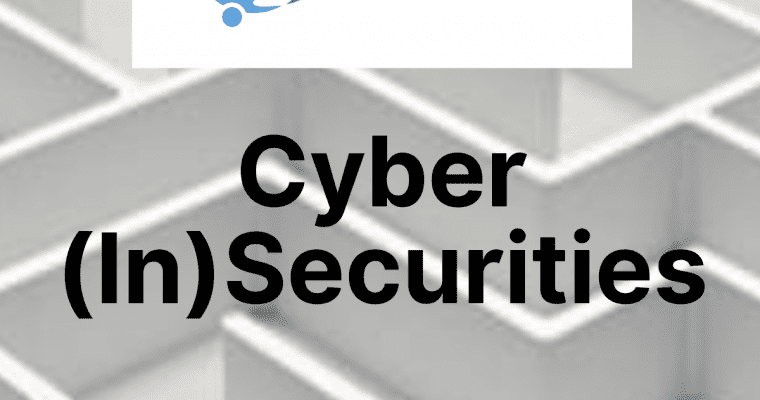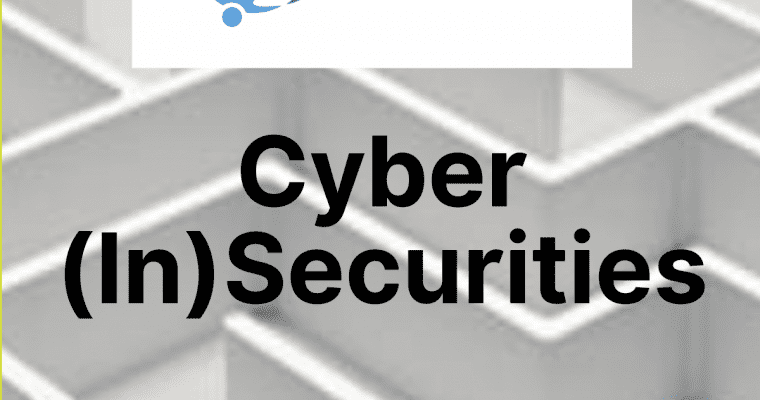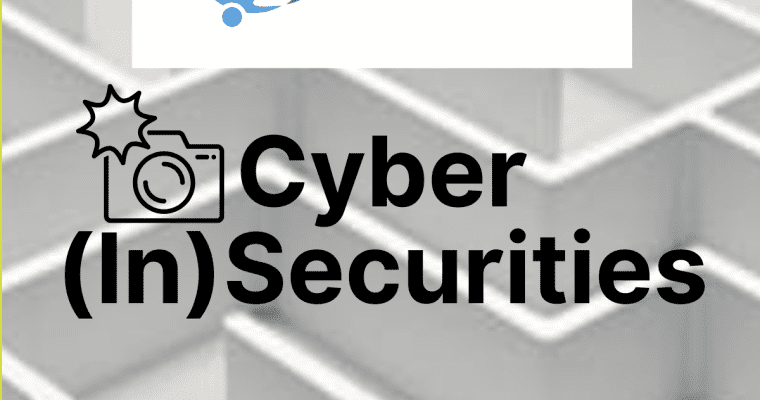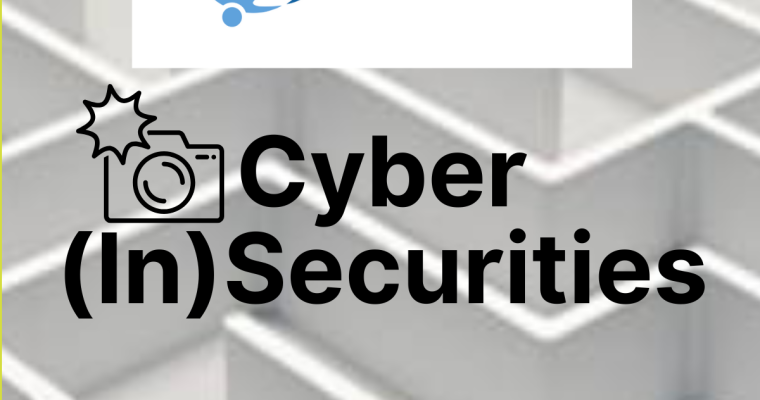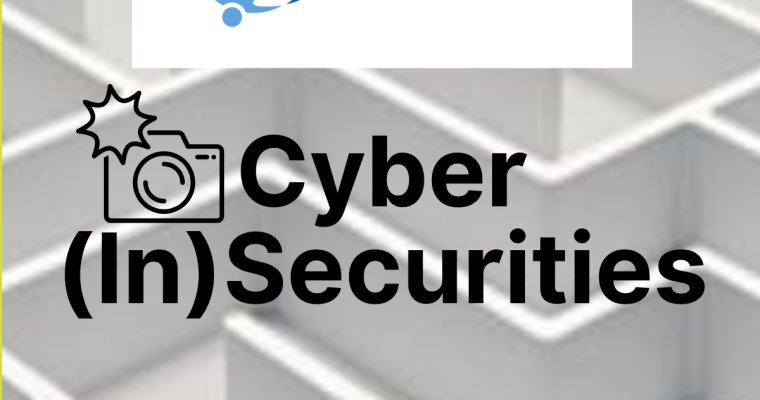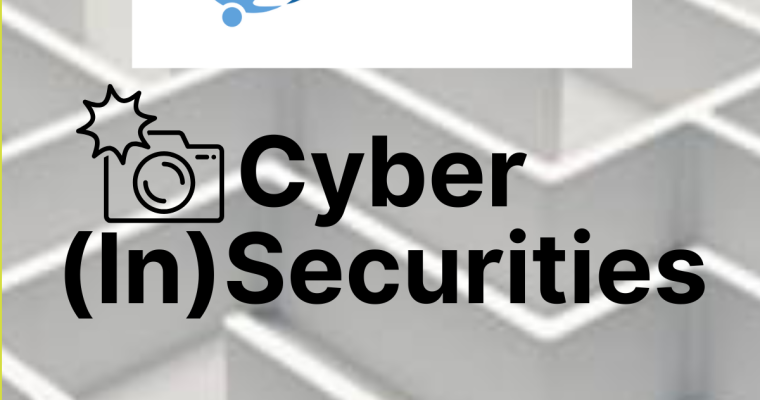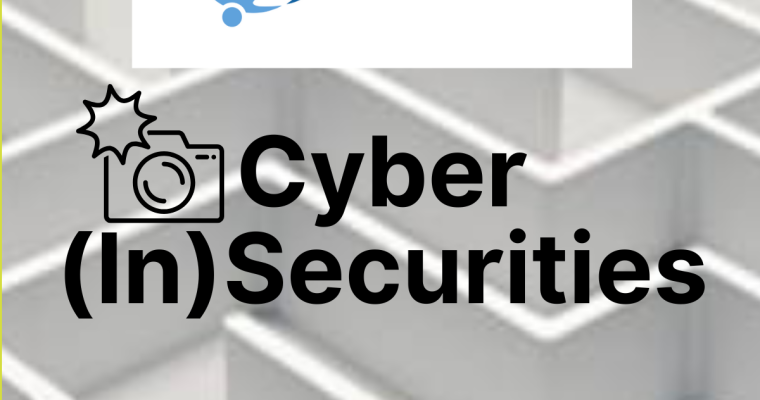Cyber (In)Securities – Issue 168
Edition 168: AI, Ransomware, and Global Cyber Threats This edition covers critical new cybersecurity alerts, major breaches, and industry insights shaping today’s digital landscape. CISA has issued nine Industrial Control Systems advisories across global vendors, while Microsoft warns of Storm-0501’s shift to cloud-native ransomware inside …
